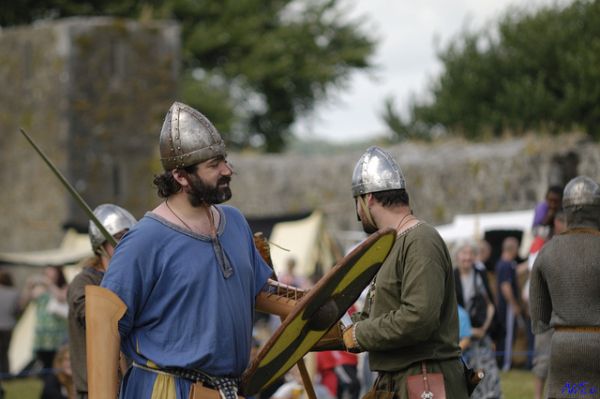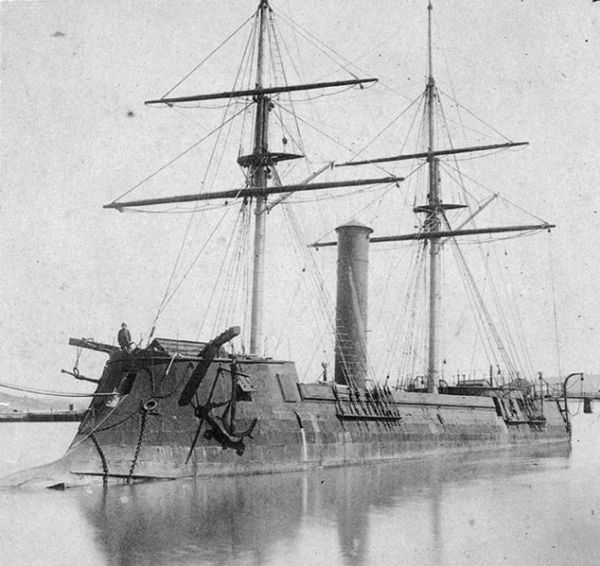For the last 12 years, U.S. Special Operations forces have repeatedly
engaged in fierce combat in Afghanistan against ruthless Taliban allies
from Chechnya, who have the same pedigree as their terrorist brethren
threatening to disrupt the Winter Olympics in Russia, current and former
commandos tell ABC News.
"I'd say Chechens were a fair percentage of the overall enemy population
early in Operation Enduring Freedom," recalled an active-duty senior
Special Operations officer, referring to the Pentagon's name for the
Afghan war, in which he was among the first ground operatives.
Since the U.S. war in Afghanistan began after September 11, elite U.S.
troops' border battles with Chechen jihadis based in Pakistan's tribal
safe havens have mostly stayed hidden in the shadows of a clandestine
conflict. Special Operations missions are classified secret by default
and rarely publicized.
Chechens joining the Taliban and al Qaeda-aligned militias stood out for
their ferocity and refusal to surrender, operators with considerable
experience in eastern Afghanistan revealed in recent interviews.
"Chechens are a different breed," a Special Forces soldier who has fought them told ABC News.
"They fight till they die. They have more passion, more discipline and
less regard for lives," said the soldier, who did ten tours hunting
high-value targets in Afghanistan. "A few of them could have just given
up but decided they needed to die."
As recently as two years ago, NATO's International Security Assistance
Force (ISAF) in Afghanistan reported that scores of foreign fighters
including Arabs and Chechens were killed in one major battle with U.S.
forces along the border with Pakistan.
Even some of Chechnya's infamous "black widows" -- with an ideological
kinship to those Russian forces recently searched for in Sochi -- may
have gathered in Pakistan in late 2006 for planned suicide bombings in
Kabul, according to an ISAF combat report obtained and released by
Wikileaks. No evidence exists that any such attacks were ever carried
out, however.
Many Chechens, including veterans of the Afghan fight, are waging war
now in Syria against Bashar al Assad's troops, according to experts and
jihadi statements.
Numerous U.S. intelligence reports released by Wikileaks said Chechens
were serving as trainers and combatants crossing from Pakistan into
Afghanistan to fight and die, an assessment sometimes based on
intercepts from Taliban radio and cell phone chatter.
Islamist militants from groups in the North Caucasus region -- such as
the "Caucasus Emirate," whose leader Doku Umarov last July threatened to
attack the Sochi Olympics -- have primarily fought Russian forces in
Chechnya and Dagestan and targeted civilians in Russia in brutal
terrorist attacks since the early 1990s. Al Qaeda-core in Pakistan has
endorsed these attacks but hasn't provided much operational support,
experts said.
Another highly decorated special operator whose nine deployments to
Afghanistan began in late 2001, compared Chechen jihadis his units
sometimes encountered to the Viet Cong guerrillas who U.S. Special
Forces fought in the Vietnam War.
"What I always appreciated was their lack of tether. They will
transplant anywhere. I don't think they ate or were even clear as to why
they fight, wherever it is, but they're fighting most of the time. It's
just a fire in their bellies. It's what they do," said the veteran
special operator.
When Chechen fighters were known to be dug into a valley along the
mountainous border with Pakistan at the outset of a U.S. "clear and
hold" mission, "I was ready to get hammered on. I've never seen a
foreign fighter walk so alone and not give a damn," the soldier added.
That reputation, however, may have led many in the U.S. military and
intelligence to inflate the Chechens' true numbers on a battlefield that
is often as foggy as the actual border itself is undefined.
University of Massachusetts at Dartmouth scholar Brian Glyn Williams,
who has searched for evidence of Chechen foreign fighters on the ground
in Afghanistan while under contract with the U.S. military and CIA, said
it wouldn't be surprising if some had joined the Taliban but he insists
such tales are mostly a "Chechen jihadi myth."
"I think the lack of evidence is telling. There is a total absence of
any names or anything tangible," Williams told ABC News this week.
Christopher Swift, a Georgetown University scholar and ABC News
consultant who has done research in Afghanistan and interviewed scores
of militants in the North Caucasus, agreed there is little hard proof
that as many Chechens fought in Afghanistan as has been implied by
military reports and noted that none were ever held at the U.S.
terrorist prison at Guantanamo Bay, Cuba.
But, Swift added, "That's consistent with fighting to the death. These fighters are not going to get captured."
Some Chechens were reputed to have fought with al Qaeda Arabs against
U.S. troops during Operation Anaconda in 2002 -- but it may have been
the birthplace of the myth.
"It was a pervasive rumor at the time. But I never saw a Chechen. In
fact, I'm not sure anyone did," Brandon Friedman, a 101st Airborne
platoon commander in Anaconda, told ABC News. Friedman later wrote "The
War I Always Wanted" about his experiences.
Williams and Swift said al Qaeda militants who spoke Russian -- often a
unifying language for foreign fighters from the former Soviet Union --
and whose corpses appeared Caucasian were presumed to be Chechens, even
if they were actually Uzbeks, Tajiks or from other ethnic groups.
"I didn't run into any Uzbeks but I distinctly recall several Chechens
with the Islamic Movement of Uzbekistan," said the active-duty senior
Special Operations officer, recalling combat operations in 2001-2002.
An experienced former operator from America's "tier one" black Special
Operations group, "Delta Force," confirmed that misidentifications were
common over the course of the war but said some foreign fighters were
indeed Chechens. They entered combat as extremely disciplined and
well-equipped teams with good weapons discipline and expensive personal
gear made by The North Face.
"There were fighters that came to train, came to fight to support the
jihad, and those that came to fight and learn U.S. tactics to take back
to Chechnya to fight the current Russian government," said the veteran
operator, whose affiliation with "The Unit" remains classified.
Any Chechens who survived their confrontations with Navy SEAL, Army
Green Beret or Delta operators working for CIA or the Joint Special
Operations Command, will not likely forget -- or forgive -- their
American adversaries.
"It's safe to say that anyone from the Caucasus who's left the region
and 'gone global' would likely see the United States -- and U.S.
civilians -- as legitimate targets," said Georgetown's Swift. "This
would be particularly true for those who may have fought against U.S.
Forces anywhere, including Afghanistan."












